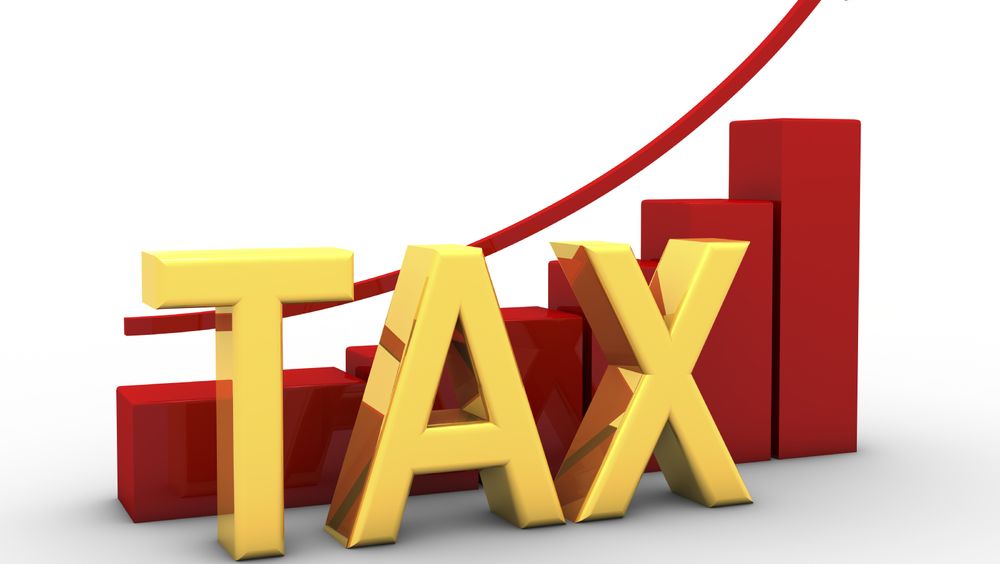The Traders’ Scheme has been quietly expanded by the government to include shops located in residential areas. This decision comes at a time when uncertainty surrounds the approval of the $7 billion IMF program, largely due to a financing gap and temporary relief measures for electricity consumers.
Just a few days ago, the federal government extended the Traders’ Scheme to cover 100-square-foot shops in residential areas. Previously, these shops were exempt from the fixed income tax, which ranges from Rs100 to Rs60,000 per month. This move was necessary to address the IMF’s concerns over the limited scope of the original scheme.
However, the government has kept this expansion of the Traders’ Scheme under wraps. Growing pressure from traders and the Jamaat-e-Islami has made this a politically sensitive issue. The changes were made quietly in the Tajir Dost Special Procedure notification to meet the IMF’s objections. The exclusion clause, which previously exempted 100-square-foot shops in residential areas, has been partially amended. Despite this, the revised notification has not been made public to avoid backlash.
Bakhtiar Muhammad, the spokesperson for the Federal Board of Revenue (FBR), did not respond to requests for comment. A senior FBR official confirmed that the government plans to reveal the notification at a more politically opportune moment. He also confirmed that traders operating in residential areas are now subject to the fixed income tax scheme.
Last month, the government launched the new Traders’ Scheme with the goal of collecting Rs50 billion during the fiscal year 2024-25. However, the exclusions for 100-square-foot shops and the Rs100 fixed rate for 50-square-foot commercial area shops have made it challenging for the FBR to meet this target. So far, only 62 traders have entered the tax net, contributing a mere Rs115,000 toward the Rs50 billion target. This quiet expansion of the Traders’ Scheme highlights the government’s weakening political resolve to defend crucial economic decisions.
This development comes amid ongoing uncertainty about the IMF executive board meeting this month. Finance ministry sources have indicated efforts to ensure the meeting takes place before the end of August, as Finance Minister Muhammad Aurangzeb previously announced. There have been no official statements from either the IMF or the finance ministry on the matter. The finance minister has publicly stated that the IMF board is expected to approve the loan tranche by the end of August. However, the IMF has conditionally circulated Pakistan’s case for approval, noting that the country has yet to fully close the external financing gap.
China has not yet rolled over its maturing foreign commercial loans, leaving a financing gap that must be addressed before the board meeting, according to sources. Recently, the finance minister mentioned that all three bilateral creditors have agreed to roll over $12 billion worth of cash deposits. Additionally, the central bank Governor, Jameel Ahmad, highlighted last week that Pakistan still needs a $4.4 billion commercial loan rollover from China.
Punjab’s unilateral decisions to provide a Rs14 per unit electricity subsidy to consumers using up to 500 units monthly and to distribute Rs700 billion worth of rooftop solar panels are seen as contradictory to the goals of the IMF’s $7 billion structural reforms program. Finance ministry sources have noted that the Rs14 per unit electricity subsidy includes Rs3 per unit in sales tax, complicating the situation with the IMF.
In a recent meeting with Ahmed Abdelaal, President of Mashreq Bank, Finance Minister Muhammad Aurangzeb mentioned that the IMF is expected to approve Pakistan’s program, though he did not confirm whether the IMF board would meet this month. The IMF’s new program targets traders, agriculturalists, and exporters—sectors that are not paying taxes commensurate with their contributions to the economy.
The coalition government initially announced the Traders’ Scheme for all dealers, distributors, retailers, manufacturer-cum-retailers, importer-cum-retailers, or any person involved in the supply chain of goods doing business in 42 cities. Out of these, 25 are in Punjab, seven in Sindh, six in Khyber-Pakhtunkhwa, three in Balochistan, and one in Islamabad. Previous efforts to bring traders into the tax net have been unsuccessful, including a compulsory door-to-door registration during General Pervez Musharraf’s tenure.
The government has also imposed a nominal tax of Rs100 per month on shops up to 50 square feet in commercial areas, makeshift shops, kiosks, or small shops measuring no more than 5×3 square feet. This nominal amount was seen as insignificant.
This development coincides with a nationwide strike call given by the Central Organisation of Traders and All Pakistan Anjuman-e-Tajiran, who have announced a shutter-down strike on August 28.


